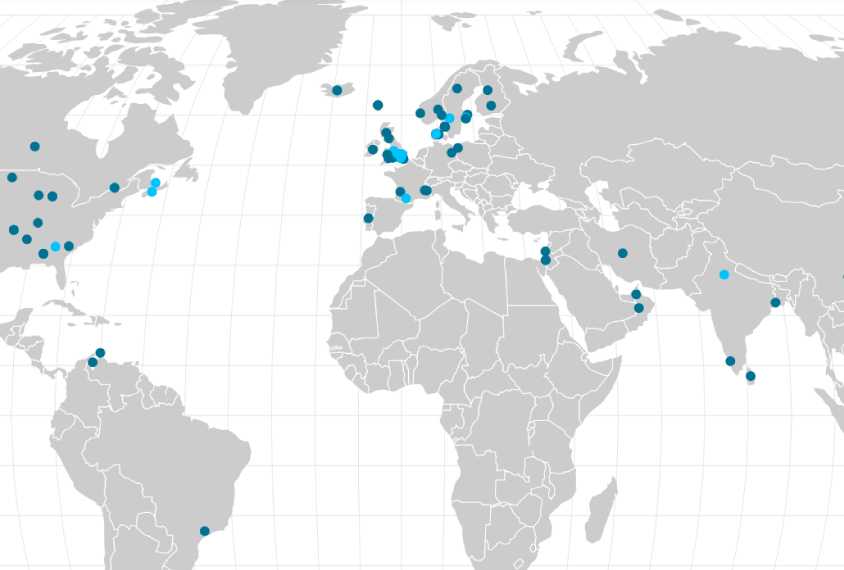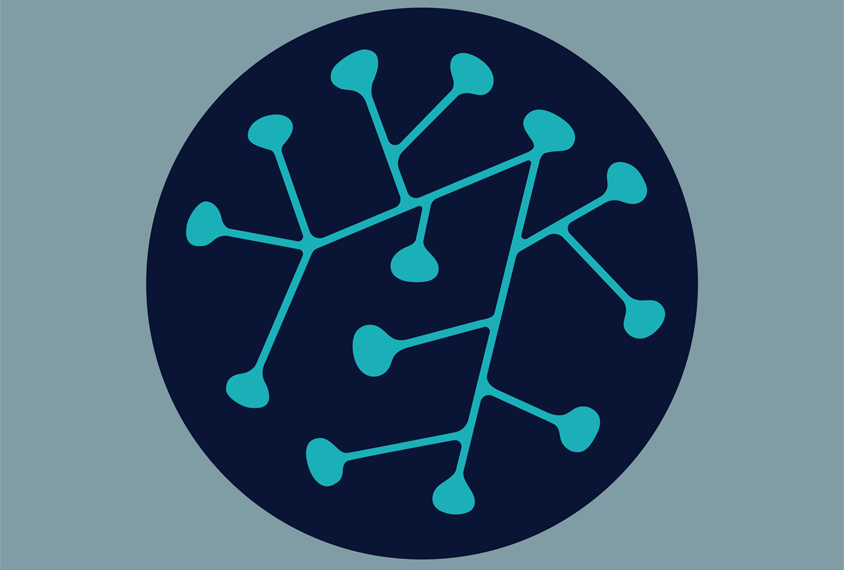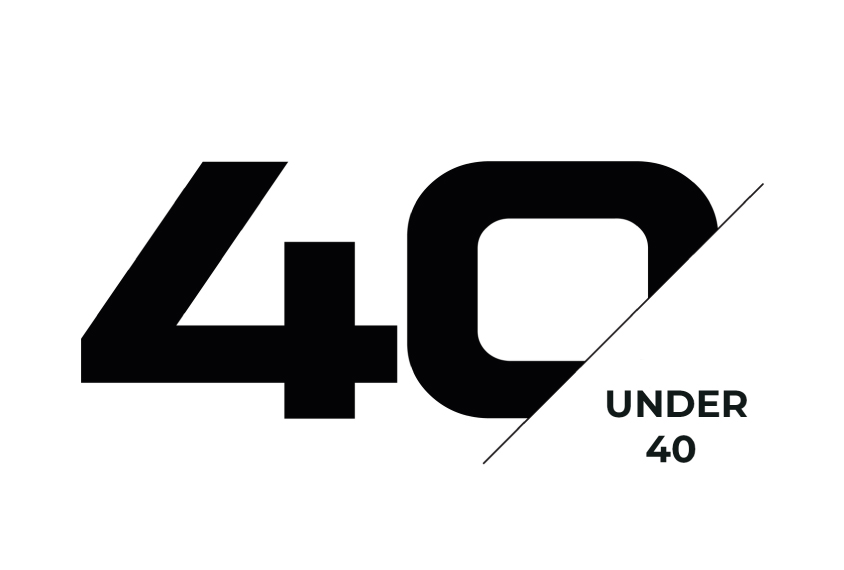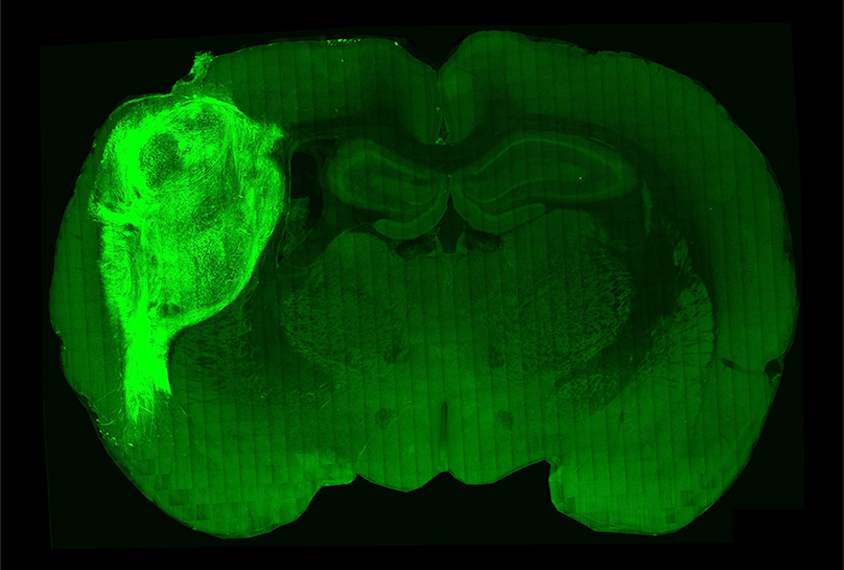Spectrum
From this contributor
Map of global autism prevalence
View an interactive map of studies on autism prevalence around the world. The map highlights places where information is available — and places where information is missing.
Introducing ‘Synaptic,’ a new podcast from Spectrum
Explore the people, the science and the challenges in autism research.
Journal Club: Meta-analysis oversells popular autism screen
The Modified Checklist for Autism in Toddlers (M-CHAT) accurately flags autistic toddlers, a new systematic review and meta-analysis suggests, contrary to past evidence that the tool’s validity varies depending on a child’s age and traits. Experts weigh in on the discrepancy.

Journal Club: Meta-analysis oversells popular autism screen
40 under 40
In 2022, we asked our profile subjects and sources to flag rising stars in their labs or among their former students. The result is this list of 40 young researchers who are working on autism-related science across the globe.
Hot topics in autism research in 2022
This year saw the debut of ever-more complex techniques to grow and analyze brain organoids and other 3D tissue cultures, among other advances.
Explore more from The Transmitter
Machine learning spots neural progenitors in adult human brains
But the finding has not settled the long-standing debate over the existence and extent of neurogenesis during adulthood, says Yale University neuroscientist Juan Arellano.

Machine learning spots neural progenitors in adult human brains
But the finding has not settled the long-standing debate over the existence and extent of neurogenesis during adulthood, says Yale University neuroscientist Juan Arellano.
Xiao-Jing Wang outlines the future of theoretical neuroscience
Wang discusses why he decided the time was right for a new theoretical neuroscience textbook and how bifurcation is a key missing concept in neuroscience explanations.
Xiao-Jing Wang outlines the future of theoretical neuroscience
Wang discusses why he decided the time was right for a new theoretical neuroscience textbook and how bifurcation is a key missing concept in neuroscience explanations.
Memory study sparks debate over statistical methods
Critics of a 2024 Nature paper suggest the authors failed to address the risk of false-positive findings. The authors argue more rigorous methods can result in missed leads.

Memory study sparks debate over statistical methods
Critics of a 2024 Nature paper suggest the authors failed to address the risk of false-positive findings. The authors argue more rigorous methods can result in missed leads.



